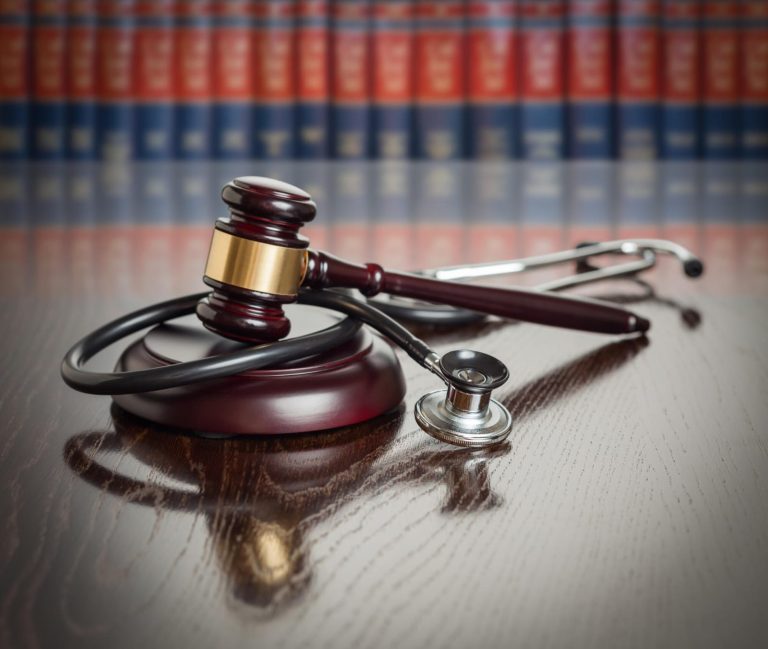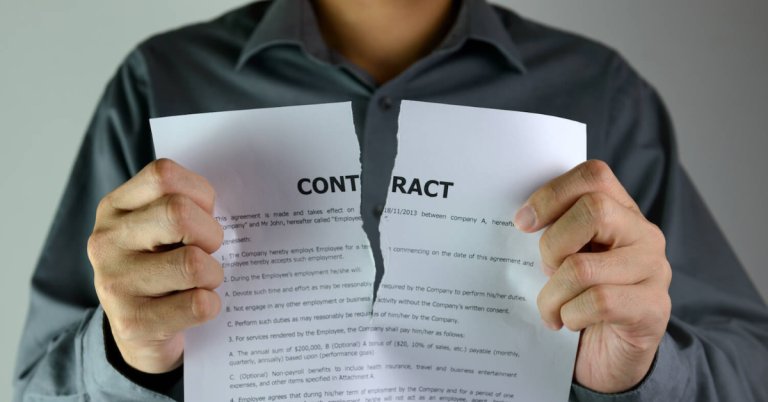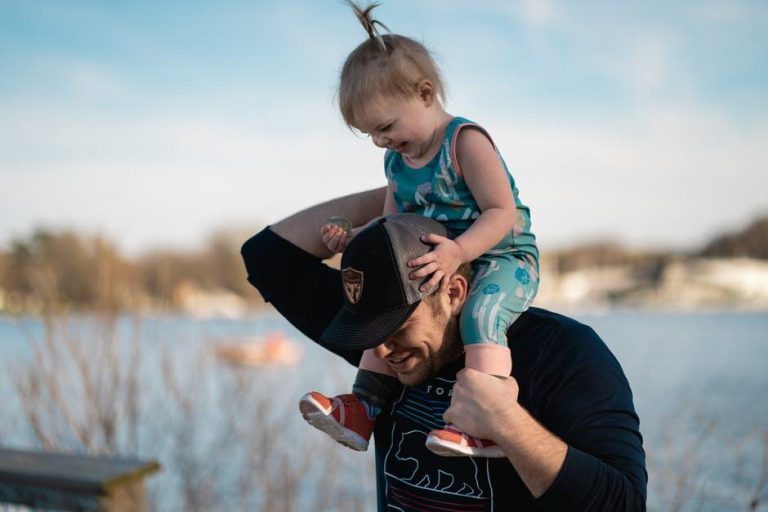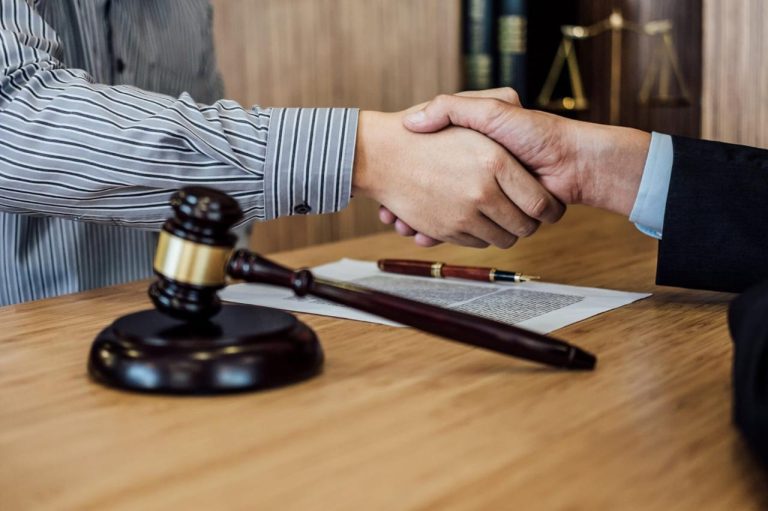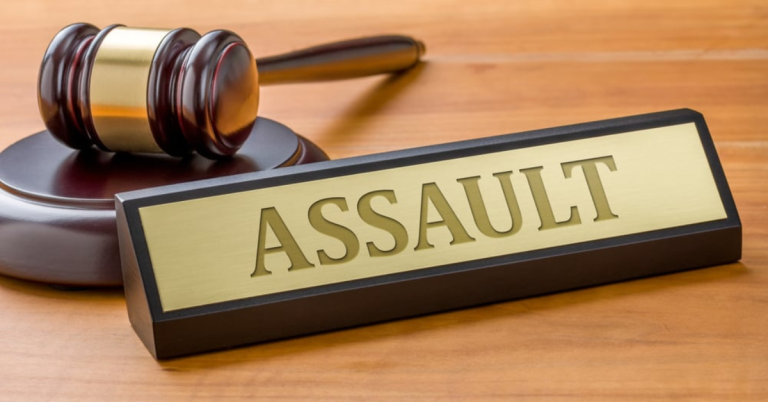The Importance of Gathering Evidence for Your Personal Injury Case
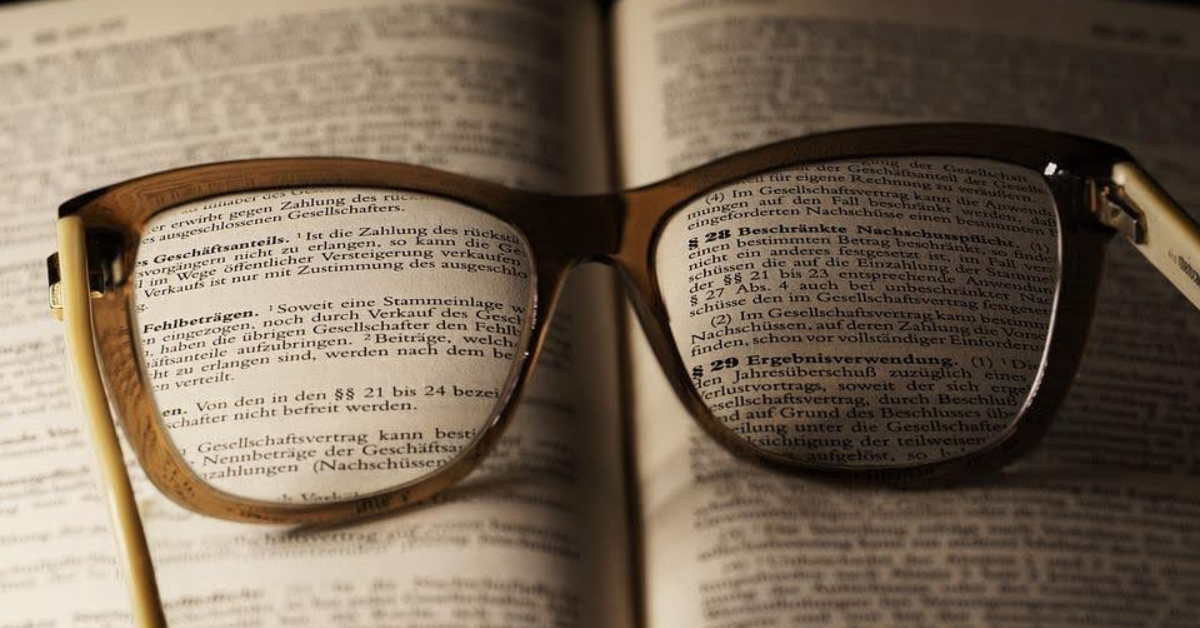
When pursuing a personal injury case, the strength of your claim often hinges on the quality and quantity of evidence you can provide. Whether you’ve been involved in a car accident, slipped and fallen, or suffered harm due to someone else’s negligence, gathering evidence is crucial for building a compelling case. This blog post will explore why evidence is essential, how to gather it effectively, and the impact it has on the outcome of your case.
Working with Legal Professionals
Given the complexities of gathering and presenting evidence, working with a personal injury attorney is highly recommended. A personal injury lawyer has experience in handling evidence, understanding legal requirements, and building strong cases. They can help ensure that all relevant evidence is collected, preserved, and presented effectively. Additionally, legal professionals can assist in overcoming any challenges related to evidence and navigating the legal process.
The Role of Evidence in Personal Injury Cases
Evidence plays a pivotal role in personal injury cases by substantiating your claims and demonstrating the extent of your damages. In legal terms, evidence is used to support the allegations you make against the responsible party. This evidence can include medical records, witness testimonies, accident reports, and more. The goal is to create a clear picture of what happened, who is liable, and the impact of the injury on your life. Without sufficient evidence, proving your case can be challenging, and you might struggle to receive fair compensation for your suffering.
Types of Evidence You Should Gather
When it comes to personal injury cases, there are several types of evidence you should focus on collecting. Each type plays a unique role in supporting different aspects of your claim:
Medical Records: These documents provide a detailed account of your injuries, the treatments you’ve received, and your overall recovery progress. They are crucial for demonstrating the severity of your injuries and the impact on your daily life.
Accident Reports: If your injury resulted from an accident, such as a car crash, the official accident report can offer valuable information about how the incident occurred and who was at fault. This report is usually compiled by law enforcement and can be an authoritative source of evidence.
Photographs and Videos: Visual evidence can be incredibly persuasive. Photos or videos of the accident scene, your injuries, or property damage can help illustrate the circumstances and the extent of the harm. Ensure you capture clear, detailed images from multiple angles if possible.
Witness Statements: Eyewitness accounts can corroborate your version of events. Statements from individuals who saw the accident or were present at the scene can provide additional perspectives and support your claim.
Expert Testimonies: In some cases, expert opinions may be necessary to validate your injuries or the cause of the accident. Medical professionals, accident reconstruction specialists, or other relevant experts can provide testimony that strengthens your case.
The Process of Gathering Evidence
Gathering evidence is a systematic process that requires attention to detail and thoroughness. Here are some steps to guide you through the process:
Document the Scene: If you are able, take immediate action to document the scene of the accident. This includes taking photographs, recording videos, and noting any relevant details. If you’re unable to do this yourself, ask someone else to assist you.
Seek Medical Attention: Even if your injuries seem minor, it’s essential to seek medical attention as soon as possible. This not only ensures your health and safety but also creates a medical record of your injuries.
Obtain Official Reports: Request copies of any official reports related to the incident, such as police reports or accident reports. These documents often contain critical information and are essential for your case.
Collect Witness Information: Obtain contact information from any witnesses and, if possible, ask them for a written or recorded statement about what they saw. Witness testimonies can be crucial in verifying your account of the incident.
Keep Detailed Records: Maintain a detailed log of all your medical treatments, expenses, and any other costs related to your injury. This helps establish the financial impact of your injuries and supports your claim for compensation.
The Impact of Evidence on Your Case
The evidence you gather can significantly impact the outcome of your personal injury case. Strong evidence can lead to a more favorable settlement or court verdict. Here’s how evidence can influence different aspects of your case:
Proving Liability: To succeed in a personal injury case, you must establish that the responsible party was negligent or at fault. Clear evidence helps demonstrate this liability and supports your claim that the other party’s actions led to your injury.
Demonstrating Damages: Evidence of your injuries, medical treatments, and financial losses is essential for quantifying the damages you’ve suffered. This evidence helps ensure you receive compensation that accurately reflects the extent of your harm.
Negotiating Settlements: Strong evidence can bolster your negotiating position with insurance companies or the opposing party. It provides a solid foundation for your demands and can lead to a more equitable settlement offer.
Strengthening Your Case in Court: If your case goes to trial, having a well-documented and evidence-rich claim can significantly enhance your chances of success. Judges and juries rely on evidence to make informed decisions, and comprehensive evidence can tip the scales in your favor.
Also Read: Trendspotting: The Future of Personal Injury Law
Common Challenges in Gathering Evidence
While gathering evidence is crucial, it can also present challenges. Some common issues include:
Lost or Incomplete Evidence: Sometimes, evidence can be lost or incomplete, making it difficult to support your claims. This is why it’s important to collect and preserve evidence as soon as possible.
Bias or Discrepancies: Witness statements and other evidence can sometimes be biased or inconsistent. It’s essential to corroborate various sources to ensure the accuracy and reliability of the information.
Legal Restrictions: Certain types of evidence may be subject to legal restrictions or privacy laws. Understanding these limitations and working with a legal professional can help navigate these challenges.
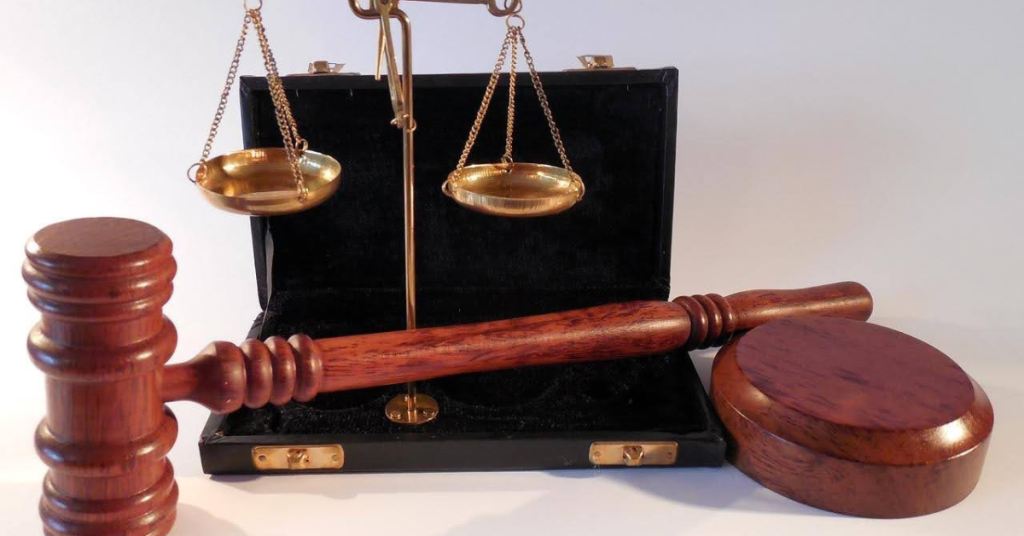
Gathering evidence is a fundamental aspect of pursuing a successful personal injury case. By understanding the role of evidence, knowing what to collect, and following the appropriate steps, you can build a strong case that supports your claims and maximizes your chances of receiving fair compensation. Remember, working with legal professionals can provide valuable guidance and support throughout the process, ensuring that your case is presented in the best possible light.


